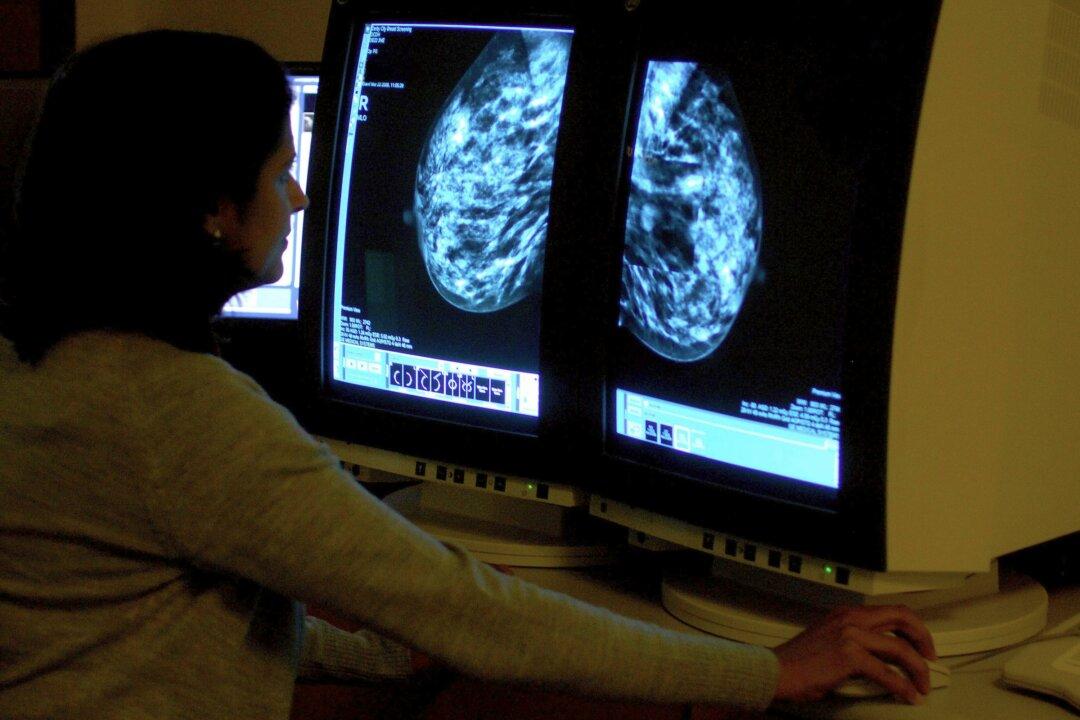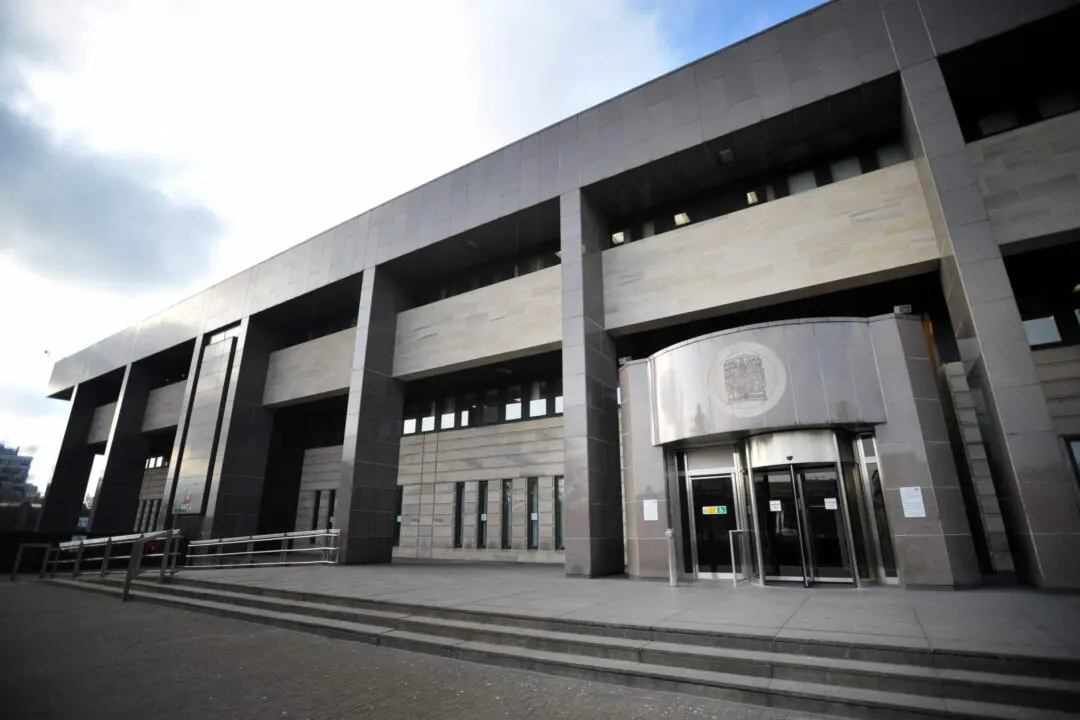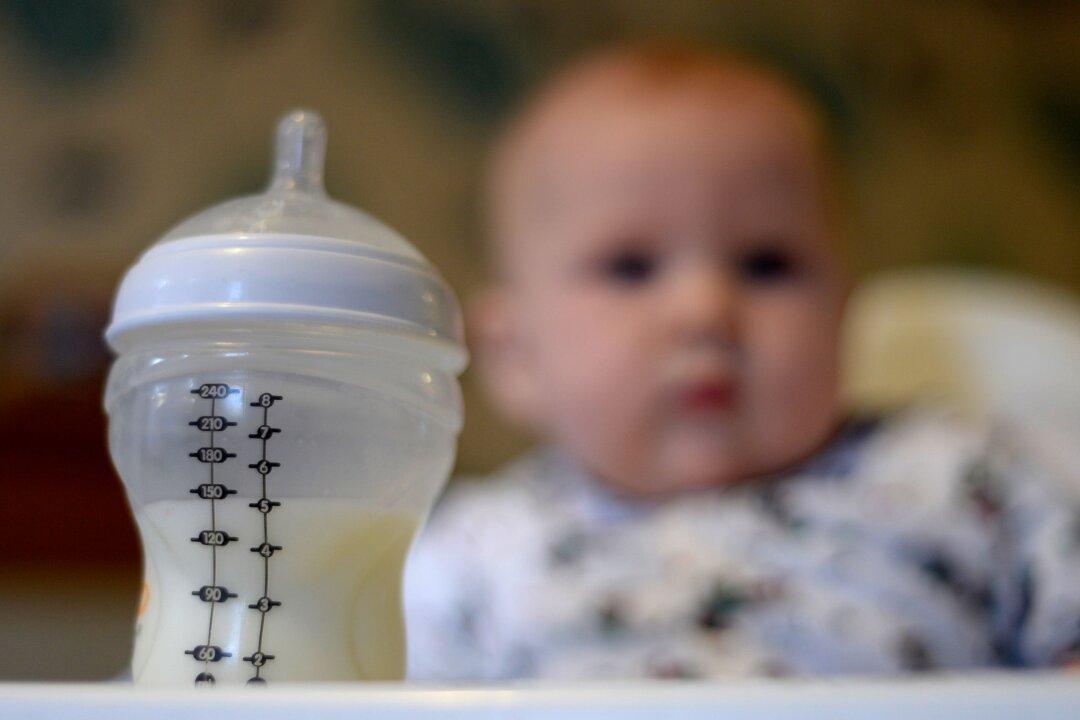The UK cancer care system is facing a “critical breaking point,” a number of experts have warned.
In a comment article published in The Lancet Oncology, the researchers have called for radical action to head off deepening financial pressures.
The article calls for the appointment of an independent National Cancer Director and an office of support to take data-driven actions across the UK.
The government has responded, saying it is determined to drive down waiting times for cancer patients.
Mark Lawler, professor of digital health at Queen’s University Belfast and lead author, said: “The urgency is clear: in my mind, we are already in the midst of a cancer crisis, precipitated by 14 years of gross mismanagement of cancer by the previous administration and the collateral impact of Covid and national lockdowns on cancer services and cancer patients.
“Now, more than ever, we must learn from each other, acknowledge the scale of the challenge, and implement data-driven solutions and achieve efficiencies, some of which may be contentious in the short term, but are essential for long-term cancer control within financial constraints.”
The comment article highlights several policy recommendations which the authors state will improve survival and quality of life for people with cancer.
Among the issues highlighted is the abolition of NHS England, which the authors said marks a “seismic shift” in UK health care governance.
The authors warn that the “greatest risk lies in reactive, short-term, ill-informed decision-making” by the government, which they state could further reduce UK cancer survival rates, deepen health inequalities, and escalate inefficiencies.
Professor Pat Price, from Imperial College London, who is chairwoman of Radiotherapy UK, said: “Delayed cancer treatment has become the deadly norm in this country, and we won’t reverse it unless we commit to doing things differently.
“If we keep doing the same things, with the same voices in the room, we’re going to continue to face some of the worst cancer outcomes in Europe.
“In the massively overlooked area of radiotherapy cancer care, for example, nearly two-thirds of cancer patients are waiting too long for their cancer treatment.
“Too often, we see cancer policy take a tunnel-vision approach, only focusing on areas like early diagnosis and completely overlooking the fact that we need to actually treat patients if we want to improve survival.
“The international environment, domestic funding pressures and a lack of policy priority to take the action needed could eclipse attempts to reverse the poor cancer outcomes the country faces.
“If we want to stop cancer patients in this country from dying needlessly, the promised cancer plan has to be radical. It needs to be data-driven.
“And it needs to ensure that, if money is tight, we’re spending it on the things that are proven to improve cancer outcomes.”

Another issue highlighted by the research team is the need to cut consultation by the current government, which they said is delaying the development of a new national cancer strategy.
Lawler said: “We cannot continually consult our way out of a crisis – the evidence we and others have provided is irrefutable.
“We have more than enough data intelligence – what we need to do is act on this evidence as a matter of urgency.
“At the turn of the century, Denmark had worse cancer outcomes than the UK.
“But by prioritising cancer at the very top of the Danish health agenda, they now have among the best improvements in cancer outcomes in Europe. We need to ‘do a Denmark’.”
A Department of Health and Social Care spokesperson said the government had “inherited a broken NHS where too many cancer patients are waiting too long for diagnosis and treatment.”
The spokesperson said: “We are determined to drive down waiting times and our Plan for Change is already getting patients seen and treated faster, with 80,000 more diagnosed or ruled out with cancer between July and January.
“The NHS exceeded its faster diagnosis cancer target for the first time in February amid record demand—almost four-fifths of people received a definitive cancer diagnosis or all-clear within four weeks.
“This is just the start: our National Cancer Plan will set out further how we will improve cancer care to bring this country’s cancer survival rates back up to the standards of the best in the world.”






